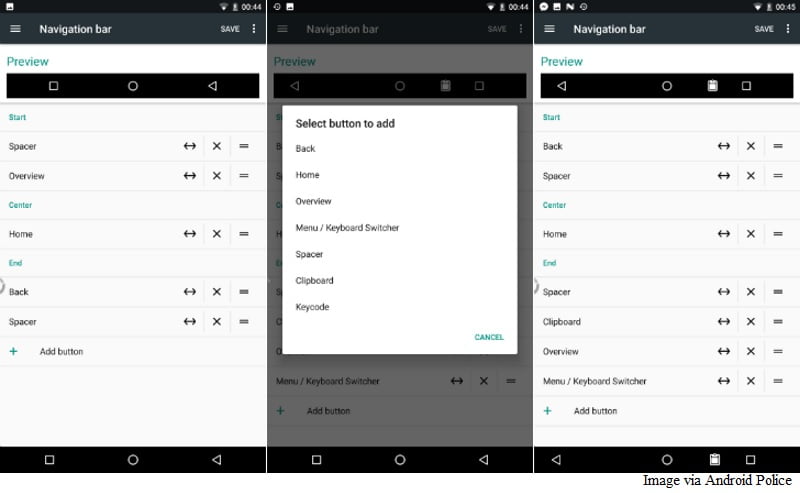
More than a decade after the dotcom bubble collapsed, the world has entered an emerging post-dotcom era known as “dotcloud.” Doing business now requires a higher level of entrepreneurial skills and strategies, and today’s new class of born-in-the-cloud startups are driven by an imperative for speed, convenience and personalization. What worked a few years ago is now irrelevant. Marketing in this aggressive startup environment requires a new approach.
My book, “Born in the Cloud Marketing: Transformative Strategies for the Next Generation of Cloud-Based Businesses,” tackles how new, born-in-the-cloud startups have to pivot on marketing, address new realities and experiment with new marketing strategies to succeed in this agile marketplace. Following is an excerpt from my book.
Related: Why Alexa Will Soon Be Handling Customer Support Calls — and What Businesses Should Do to Prepare
The first wave of dotcom technology made a critical error in deploying an overly mechanized and automated customer service approach. Customers would dial into the call center only to be greeted by a voicemail tree — otherwise known as “voicemail hell” — with no option to talk to a human, and sometimes with options that were limited to only the most common problems. Callers with an issue that was out of the ordinary would be at a loss.
“Digital marketing will become more attuned to consumers’ lives,” said Deepa Miglani, senior vice-president of U.S. marketing at Babbel, a language learning app. “With a bounty of data and smarter analytics, marketing will better understand what we like, what we don’t like and what we want. This trend to make content more personal and more relevant will shape digital marketing to be less product-driven and more emotionally driven.”
In a report from Autopilot that surveyed more than 500 U.S. marketers, it was predicted that scalable personalization would be big in 2017. “Netflix and Amazon are paving the way for contextualized content. Eighty-one percent of marketers today personalize marketing, but only 13 percent take things a step further by leveraging app and service context. Expect to see more behavior-based personalization come into focus next year.”
[“Source-TimesofIndia”]




